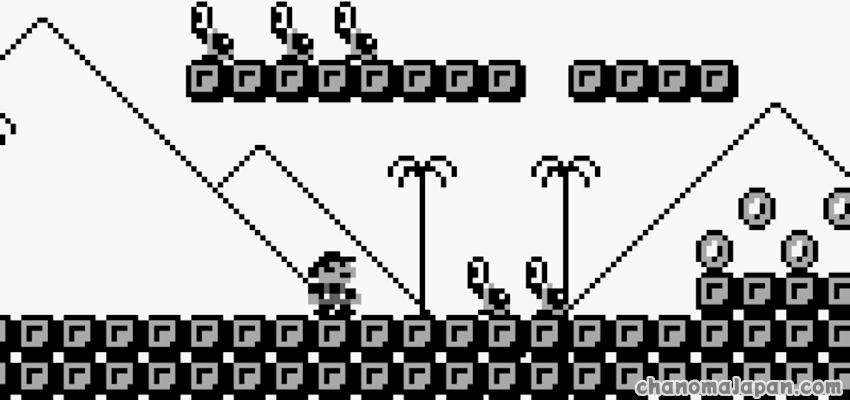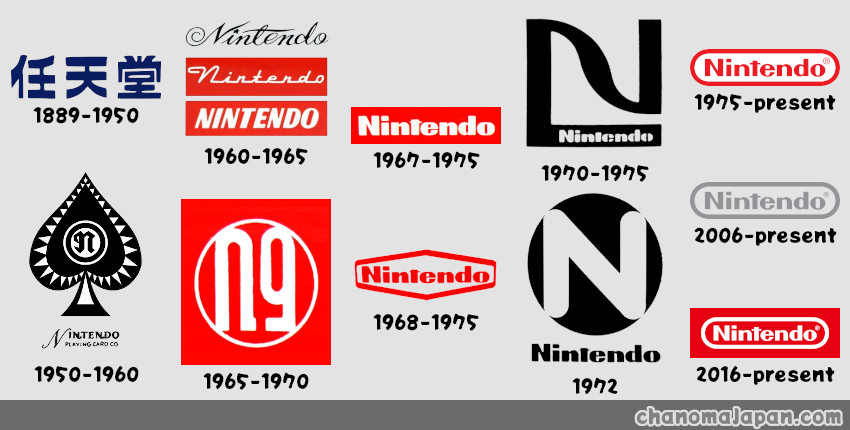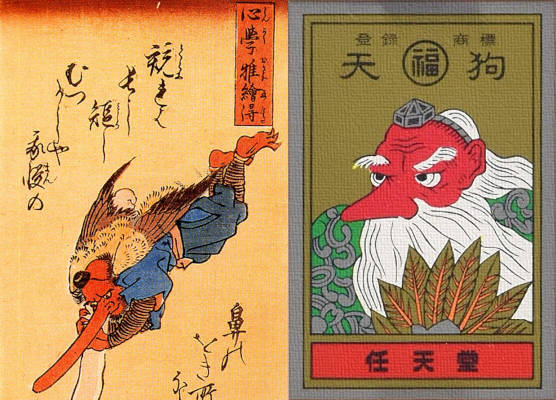The Meaning of Nintendo
...maybe

Since its birth in 1889, Nintendo had a huge role in shaping the collective imagination of many generations. Titles like Super Mario, Donkey Kong and Zelda have turned millions of people into videogamers.
Now let’s turn attention to Nintendo’s very first puzzle game, a tiny Easter egg hidden in plain sight: “What is the meaning of Nintendo?”
Since there is no final agreement on the original meaning of this name, I’ll attempt to answer the question from a linguistic and historical point of view.
The characters 任 NIN, 天 TEN, and 堂 DŌ
Nintendo is written in Japanese as 任天堂, which is romanised Nintendō. Let’s decipher this word.
So we have the characters 任 NIN, 天 TEN, and 堂 DŌ. These characters are called 漢字 kanji, also known as Chinese characters. They are part of the Chinese writing system which was adopted in Japan to write the Japanese language.
In Japanese, each kanji can has multiple readings. Which reading to use depends on context.
There are two main types of readings:
- 音読み on’yomi, originating in China;
- 訓読み kun’yomi, which are native Japanese words.
I will romanise on’yomi in capital letters, and kun’yomi in small letters.
Let’s now see the readings (and the meanings) of 任 NIN, 天 TEN, and 堂 DŌ.

- On’yomi: NIN
- Kun’yomi: makaseru
- Meaning: ’to entrust to someone/something'
Among the core meanings of 任 NIN, we have ‘duty’, ‘obligation’, ‘responsibility’, ’to entrust’.

- On’yomi: TEN
- Kun’yomi: ame
- Meaning: ‘heavens’, ‘sky’
This character also designates the imperial house: 天皇陛下 tennō heika, “the Emperor of Japan”.
The kun’yomi ame means ‘sky’, and has nothing to do with 雨 ame, which means ‘rain’. The two words are omophones.

- On’yomi: DŌ
- Meaning: ‘hall’, ’large building’, ‘shrine’, ’temple’.
An example where 堂 DŌ appears is 本堂 hondō, which is ’the main building of a temple complex’.

This kanji can also be used as a suffix for companies. We can now attempt our first interpretation of the name 任天堂 Nintendō.
任天堂 Nintendō
=
天に任せる堂 ten ni makaseru dō
=
The company that entrusts to the heavens
There is an often cited theory that Nintendo means “leave luck to the heavens” which, from what we have seen, makes perfect sense. If you entrust to the heavens, you luck depends on the heavens.
The heavenly dog
But language is nothing without context, so let’s make some cultural and historical considerations.
Nintendo started as a company that makes playing cards.
花札 hanafuda, lit. “floral cards”, are a type of Japanese playing cards.
- 花 hana, ‘flower’
- 札 fuda, ‘card’
The word hana also means ’nose’. The pronunciation is the same, although it is written with a different character: 鼻 hana.
Nintendo used to make hanafuda playing cards with the image of a 天狗 tengu. A tengu is a Shintō god, a mischievous spirit/goblin with beastly features, benign at times; they are known for having large noses.
A play on words then? 花 hana as ‘flower’ (hanafuda), and 鼻 hana as ’nose’ (tengu’s large nose).
Tengu can be translated as ‘heavenly dog’.
- 天 TEN, ‘heavens’
- 狗 KU, ‘dog’ (in tengu, KU undergoes a phonetic transformation into GU)

In the picture of the hanafuda above, within the circle, is the character 福 FUKU, meaning ’luck’.
We can hypothesise that the character 天 TEN in 任天堂 Nintendō represents the 天狗花札 tengu hanafuda.
If this was the case, our interpretation of the meaning of Nintendo would have to be updated to:
天狗花札を任された堂 tengu hanafuda o makasareta dō
=
The company that was entrasted with making (tengu) hanafuda
In Japan, tengu spirits have long been associated with illegal gambling and card playing. Nintendo’s origins may not have been as noble as one could have imagined!
We have reached the end of our little quest without a clear answer, but one thing we know: Nintendo means fun.
